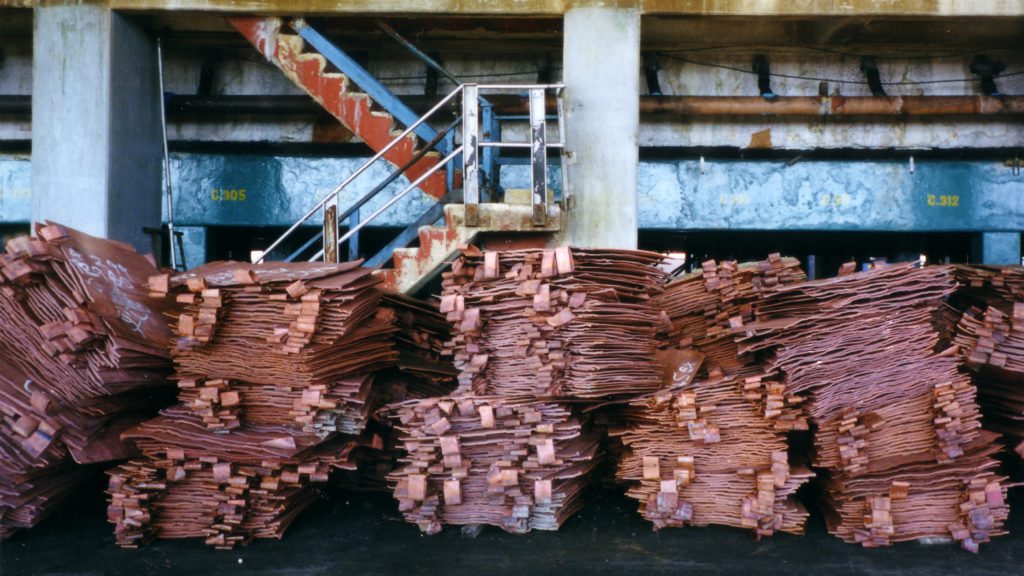UBS expects copper price to average $10,500 in 2025

UBS said on Thursday that increasingly tighter supplies of copper in the coming six to 12 months could lead to a deficit of more than 200,000 tons in 2025, as demand grows for the metal key to energy transition.
Copper prices on the London Metal Exchange (LME) are forecast to average $10,500 and $11,000 per metric ton in 2025 and 2026, respectively, UBS said.
LME three-month copper hit an intra-day high at $9,578 a ton, though it was on track for a monthly fall.
“We are still optimistic about copper prices in the coming two years … although prices may embrace some downside pressure in the short term from the perspective of position holding,” Sharon Ding, head of China Basic Materials at UBS, told a briefing for reporters.
“Demand from the new energy vehicles, solar, wind and China’s grid investment remains resilient; and copper is also benefiting from high-growth industries such as the data centres for artificial intelligence (AI) and defense needs,” Ding added.
Moreover, consumption in Europe and the United States is likely to improve as an easing monetary cycle will help to raise finance for traditional industries such as construction, manufacturing and consumer durables.
That growing demand offsets the decline caused by the property downturn in the world’s second-largest economy.
Supply, however, is likely to see a reduction by late 2024 or early 2025, as most copper smelters are suffering losses, due to historically low treatment charges (TC).
A key source of revenue for smelters, TC/RCs are paid by miners when they sell concentrate, or semi-processed ore, to be refined into metal.
Ding also forecast average prices for aluminum and alumina futures in China at 19,000 yuan a ton and 3,600 a ton next year, respectively.
SHFE alumina futures closed at 4,863 yuan a ton while aluminum ended at 20,710 yuan on Thursday.
UBS expected a glut in China’s alumina market in February 2025 as more supply comes on line, driving down prices.
Alumina prices have rallied to a record high this month on the back of supply disruptions, the latest being export problems in Guinea, the major source of bauxite imports for China’s alumina refineries.
(By Amy Lv and Mai Nguyen; Editing by Clarence Fernandez)
{{ commodity.name }}
{{ post.title }}
{{ post.date }}




Comments